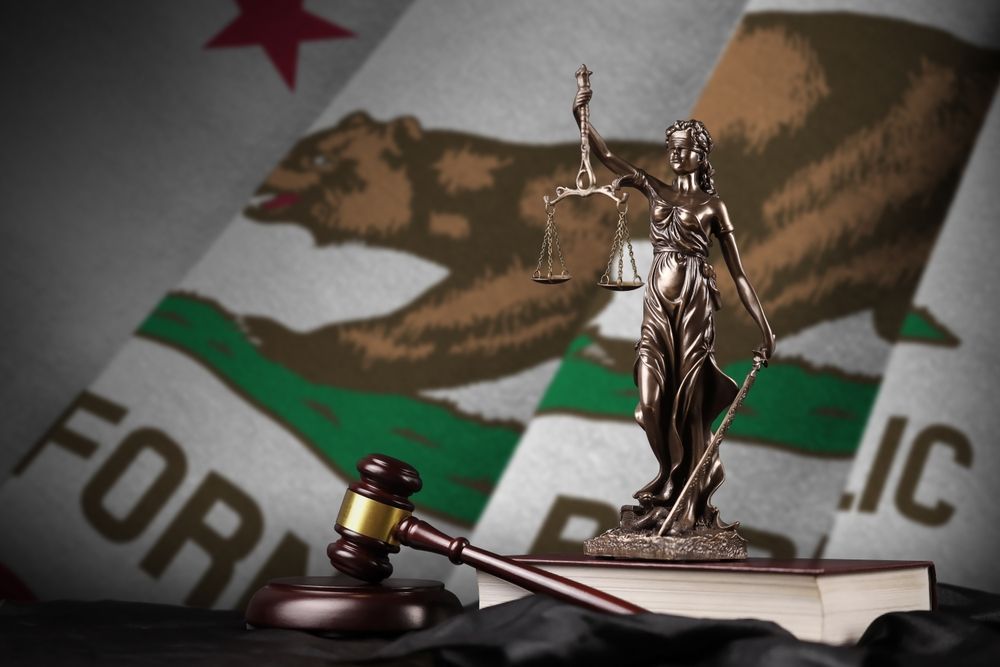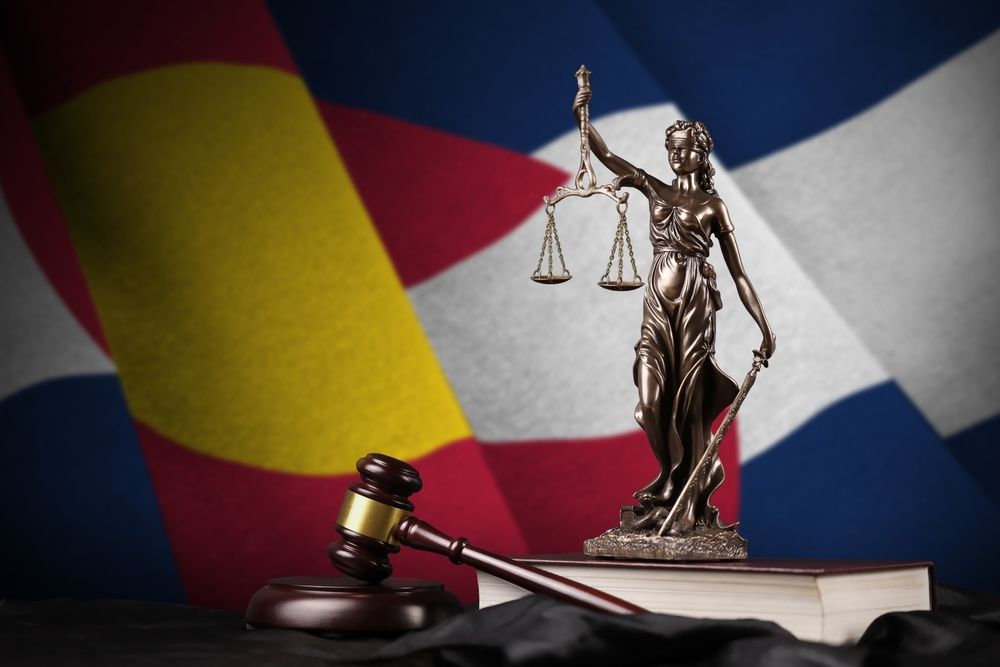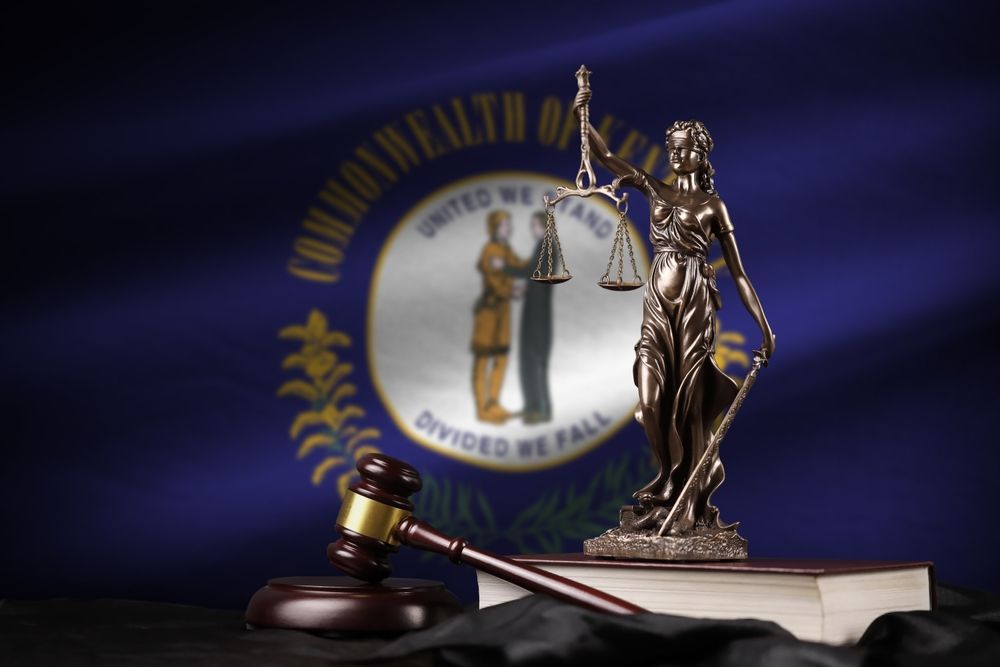Written by: Eagle Eye Screening Solutions
Key Takeaway
AB 2188 is a California statute that provides anti-discrimination protection for employees who are medical and recreational users of cannabis during their off-duty hours.

What is AB 2188?
AB 2188 prohibits an employer from discriminating against an applicant or employee for using marijuana off the job and away from the workplace. It also prohibits discrimination against an applicant or employee who takes an employer-required drug screening test and is found to have only non-psychoactive cannabis metabolites in their system.
Non-psychoactive metabolites are the components still stored in the body after the THC, the psychoactive ingredient, has been metabolized. These components indicate that the person has used cannabis sometime in the past few weeks, but they do not show that the individual is high at the time of the test.
AB 2188 California Effective Date
AB 2188 was enacted September 18, 2022, and became effective January 1, 2024. The delay gave employers time to update policies and practices and to train personnel.
Why AB 2188 Was Introduced?
Medical marijuana was legalized in California in 2008, and recreational marijuana was approved in 2016. However, before AB 2188, it was still permissible for employers to discriminate against people who participate in these legal activities. An employer was not required to make an accommodation for a person who used marijuana for a health reason such as back pain.
AB 2188 was introduced to rectify what the legislature perceived as unjustified discrimination. It is also intended to clarify the distinction between using marijuana on personal time and being high at work.
How AB 2188 Relates to Existing Marijuana Laws in California
AB 2188 is a logical addition to the 2008 and 2016 constitutional amendments that legalized medical and recreational cannabis use in California. It is also an update to the California Fair Employment and Housing Act, which defines classes of individuals that employers may not discriminate against. AB 2188 adds off-the-job cannabis users to the list of protected classes.
AB 2188 can also be seen as an extension of state and local Fair Chance laws, which restrict how employers can ask about and consider criminal history.
Key Provisions of AB 2188
AB 2188 prohibits employers from discriminating against off-duty users of medical or recreational marijuana. More explicitly, employers may not discriminate on the basis of a screening test that shows non-psychoactive metabolites of cannabis in a person’s system. Such a test shows that a person has used marijuana in the past but does not indicate that they are currently high.
The law explicitly states that it does not grant the right to possess cannabis or be impaired on the job. Employers have a right to maintain a drug-free workplace, and they may still reject applicants or discipline employees who are visibly impaired or test positive for the presence of THC, the psychoactive component of marijuana.
Employer Responsibilities and Restrictions
AB 2188 prohibits employers from discriminating against off-duty users of medical or recreational marijuana. More explicitly, employers may not discriminate on the basis of a screening test that shows non-psychoactive metabolites of cannabis in a person’s system. Such a test shows that a person has used marijuana in the past but does not indicate that they are currently high.
The law explicitly states that it does not grant the right to possess cannabis or be impaired on the job. Employers have a right to maintain a drug-free workplace, and they may still reject applicants or discipline employees who are visibly impaired or test positive for the presence of THC, the psychoactive component of marijuana.
Marijuana Use and Discrimination in the Workplace
Employers were already prohibited from workplace discrimination based on race, gender, and several other factors. They now must follow similar non-discriminatory policies regarding individuals who use cannabis when off duty and away from the workplace.
Impact of AB 2188 on the Hiring Process
AB 2188 prohibits employers from discriminating against off-duty users of medical or recreational marijuana. More explicitly, employers may not discriminate on the basis of a screening test that shows non-psychoactive metabolites of cannabis in a person’s system. Such a test shows that a person has used marijuana in the past but does not indicate that they are currently high.
The law explicitly states that it does not grant the right to possess cannabis or be impaired on the job. Employers have a right to maintain a drug-free workplace, and they may still reject applicants or discipline employees who are visibly impaired or test positive for the presence of THC, the psychoactive component of marijuana.
Pre-Employment Marijuana Screening
California employers may still use pre-employment drug testing. They may eliminate candidates for screening results that show THC in the system. However, they may not consider drug tests that show only recent use of marijuana. Most employers will have to change the drug-screening tests they have been using.
How AB 2188 Affects Drug Testing Policies
Employers should no longer use tests that cannot distinguish between the presence of THC and the presence of non-psychoactive metabolites. The science of drug testing has improved, and there are now tests, including saliva tests, that can make the distinction. Traditional blood, urine, and tests do not make the distinction and can no longer be reliably used.
Employers may also use impairment tests similar to those used at traffic stops, although the California legislature has not specified in detail how these should be conducted.
AB 2188 Exemptions: Who is Not Covered by the Law?
The protection provided by AB 2188 does not extend to employees in the construction and building industries. It doesn’t protect positions that require federal background and clearance checks. Interestingly, the law does not exempt police, fire, transportation, and health care employees.
Best Practices for Employers to Comply with AB 2188
There are several steps California employers should consider:
- Decide on an acceptable, objective way to detect drug and alcohol violations. This could include documented steps for visually detecting impairment. It might include using new tests, such as saliva tests, that can distinguish between THC metabolites and non-psychoactive metabolites.
- Review and update workplace drug testing procedures, including under what circumstances testing will occur and how it will be carried out.
- Provide training on AB 2188 and the new procedures, especially for recruiters, managers, and those who conduct testing.
What AB 2188 Means for Employers and Employees in California
For employers, AB 2188 requires them not to discriminate against job candidates and employees who use cannabis off the job and away from the workplace. They must work with their CRA partners to ensure they are not retrieving information on past marijuana use.
Employees should be aware of their rights, but they should also realize that they don’t have permission to come to work impaired. They need to understand how long THC takes to leave their system and not use marijuana too close to their starting time.
There are likely to be similar laws in more states, so CRAs in California and elsewhere must keep abreast of developing legislation. They should rely on a background check wholesaler like Eagle Eye Screening Solutions to provide accurate and legally compliant public record retrieval.
Contact us to learn how we can be your trusted background search partner.




